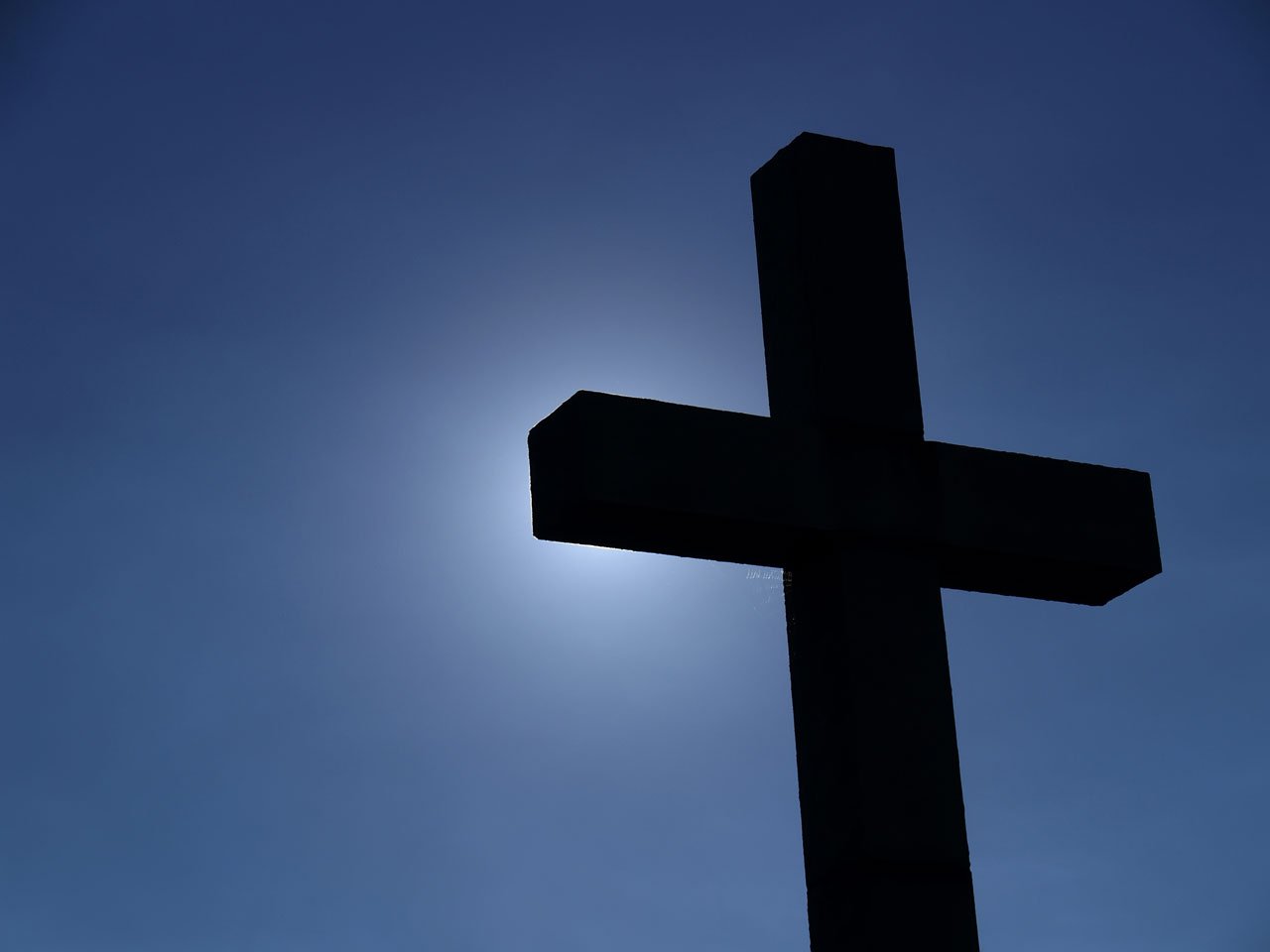Originally published September 18, 2023
“Discussion of theology … is not for all people, but only for those who have been tested and have found a sound footing in study, and, more importantly, have undergone, or at the very least are undergoing purification of body and soul. For one who is not pure to lay hold of pure things is dangerous, just as it is for weak eyes to look at the sun's brightness.” — Gregory of Nazianzus, On God and Christ
Login to read more
Sign in or create a free account to access Subscriber-only content.
Topics:
